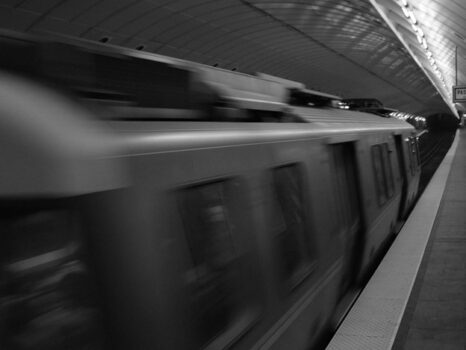The Massachusetts Bay Transportation Authority (MBTA), the nation’s oldest public transit system, is about to get modern upgrades. The MBTA has finalized a sweeping $9.8 billion capital investment plan for fiscal years 2026-2030. The five-year program allocates $1.1 billion in new funding to over 660 projects spanning rapid transit, commuter rail, bus and ferry services throughout Greater Boston.
The investment commits to revamping the entire system, with $2.8 billion dedicated to new vehicles and $2.0 billion for track, signal and power system upgrades. State funding increased substantially thanks to $601 million in new funding through the Rail Reliability Program and Station Accessibility and Resiliency Program, made possible by Fair Share revenue injections into the Commonwealth Transportation Fund.
The capital plan marks a pivotal moment for the MBTA, which operates the first subway tunnels built in the United States, still carrying passengers between Government Center, Park Street and Boylston stations on the Green Line. A 2023 assessment identified $24.5 billion in baseline capital needs to bring the system into a state of good repair.
The largest single investment targets vehicle replacement and rehabilitation, with $651 million allocated for delivery of new Red and Orange Line cars. A $549 million investment will fund the procurement of 102 fully accessible Type 10 light rail vehicles for the Green Line, fully replacing the aging Type 7 and Type 8 fleets.
Commuter rail operations benefit from $286 million for new bi-level coaches and $153 million for locomotive replacements, addressing an aging fleet where many vehicles require immediate overhaul or replacement. The authority is also advancing battery-electric train deployment on the Fairmount Line through a $50 million partnership with operator Keolis.
Accessibility improvements will receive substantial attention, with $110 million designated for B Branch Green Line stations and $93 million for Symphony Station modernization. The plan continues elevator installations and platform upgrades across the system.
Climate resilience investments include flood protection measures for vulnerable tunnels, with $21 million allocated for airport tunnel portal improvements and additional funding for systemwide flood mitigation programs. The authority is advancing $37 million in facility roof replacements and $28 million in fire suppression system upgrades to address state-of-good-repair needs.
The investment plan draws from diverse funding sources, with 41% from federal programs, 44% from MBTA bonds and loans and 14% from state sources. However, funding uncertainty looms beyond fiscal year 2026 when the federal Bipartisan Infrastructure Law is set to expire, potentially constraining future investment levels. Despite the substantial commitment, the plan could only fund $1.1 billion of the $13 billion requested in project funding.
The capital plan will take effect in July, following Massachusetts Bay Transportation Authority Board approval in May. Major projects, such as the North Station bridge replacement and the Green Line Type 10 vehicle delivery, will extend beyond the five-year window. The authority expects the first Type 10 vehicles to enter service in 2027.
Image by bryanucla from Pixabay

